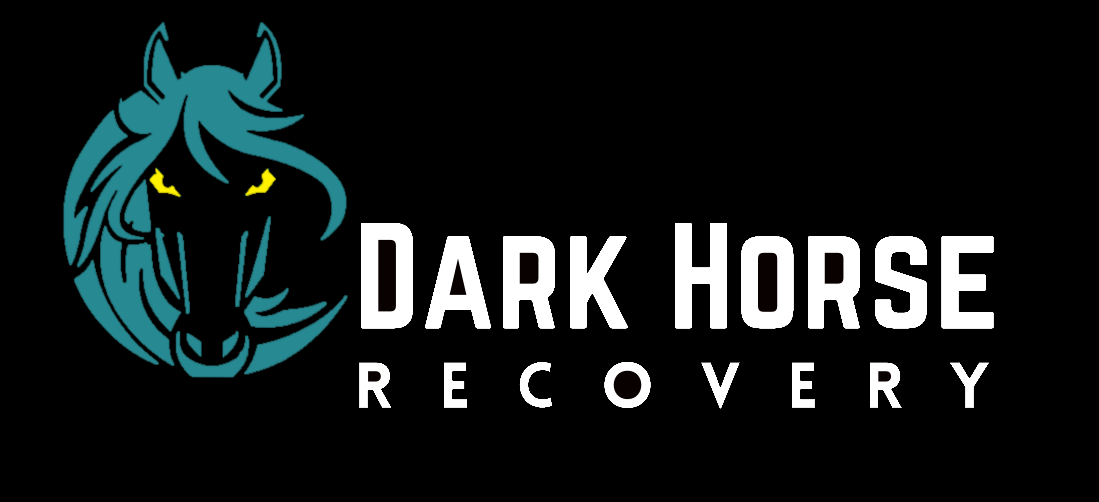
Many people make common excuses for our loved ones who struggle with addiction and substance abuse. We may try to deny that there is a problem at all, or downplay the severity of their addiction. We may make excuses for their behavior, blaming it on stress or problems in their life. We may even try to rationalize their addiction, insisting that it’s not really a big deal.
If you’re like most people, you are probably making excuses for your loved one’s addiction and substance use. You might tell yourself that they just need some time to get their life together. Or maybe you believe that their addiction is due to a traumatic experience in their past. No matter what the excuse is, it’s important to remember that addiction is a disease. And like any other disease, it requires treatment in order to overcome it. In this blog post, we will explore some of the most common excuses we make for our loved ones who struggle with addiction.
Denial
The first excuse we often make is denial. We refuse to believe that our loved one has a problem with addiction. We tell ourselves that they just made a mistake or that they’re going through a tough time. But the truth is, addiction is a serious disease that requires professional treatment.
Fear
Another common excuse is fear. We’re afraid to confront our loved ones about their addiction. We’re afraid of what might happen if we do. But the truth is, it’s better to confront the issue head-on than to ignore it.
Blame
We also often blame ourselves for our loved one’s addiction. We think that if we had been better spouses or parents, then they wouldn’t have turned to drugs or alcohol. But the truth is, that addiction is a disease that affects both the person with substance use disorder and their loved ones.
Hope
Despite these excuses, we still hope that our loved ones will overcome their addiction. We hope that they’ll see the error of their ways and that they’ll be ready to get help. But the truth is, addiction is a serious disease that requires professional treatment.
What Are The Addiction Coping Strategies?

Many different addiction coping strategies can help your loved one overcome their addiction. Some of the most common strategies include:
Seeking professional help: This is the most important step in addiction recovery. Professional treatment can provide your loved ones with the tools they need to overcome their addiction.
Attending support groups: Support groups can provide your loved ones with a safe and supportive environment where they can share their experiences and learn from others who are also struggling with addiction.
Making healthy lifestyle choices: People with substance use disorder often turn to drugs or alcohol as a way to self-medicate. But by making healthy lifestyle choices, your loved ones can learn how to cope with their problems in a healthier way.
Building a support network: Friends and family are important in overcoming addiction. They can provide your loved ones with support and encouragement when they need it most.
Creating a relapse prevention plan: A relapse prevention plan can help your loved one stay on track and avoid relapsing into drug or alcohol abuse.
Treatment for drug addiction can vary depending on the type of drugs involved. Some common treatments include:

Inpatient rehab
This is a residential treatment program where your loved one lives at the facility while they undergo addiction treatment.
Outpatient rehab
This is a less-intensive treatment option where your loved one attends regular therapy sessions but does not live at the facility.
Detoxification
This is the process of removing toxins from your body, which can be done through medication or natural methods like fasting and exercise. You may need to go through detox before starting other treatments for drug and alcohol addiction.
Counseling and therapy sessions
These are designed to teach you how to cope with cravings without using drugs or alcohol.
Support groups
This is a group of people who are also struggling with addiction and substance use disorder and share their experiences and advice with one another.
Relapse prevention plans
This is a plan that outlines what you will do if you start using drugs and alcohol again so it doesn’t lead back to full-blown addiction.

Recent Comments